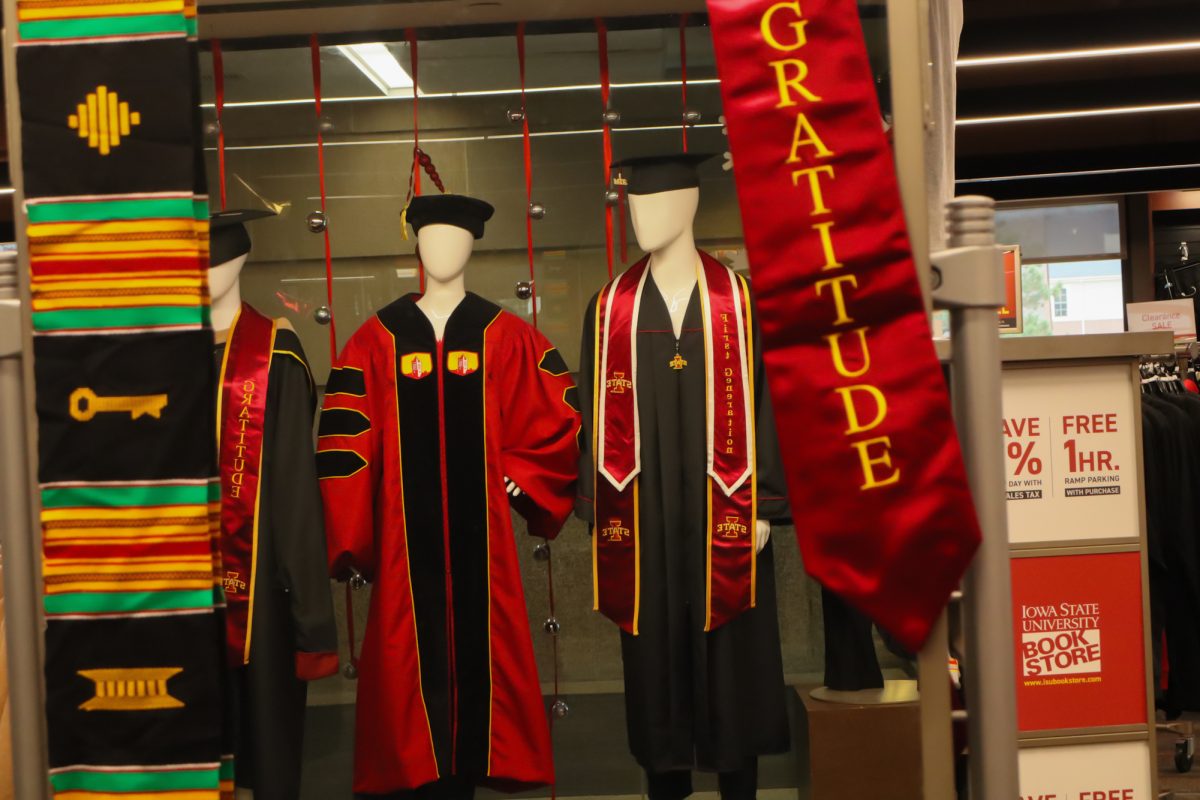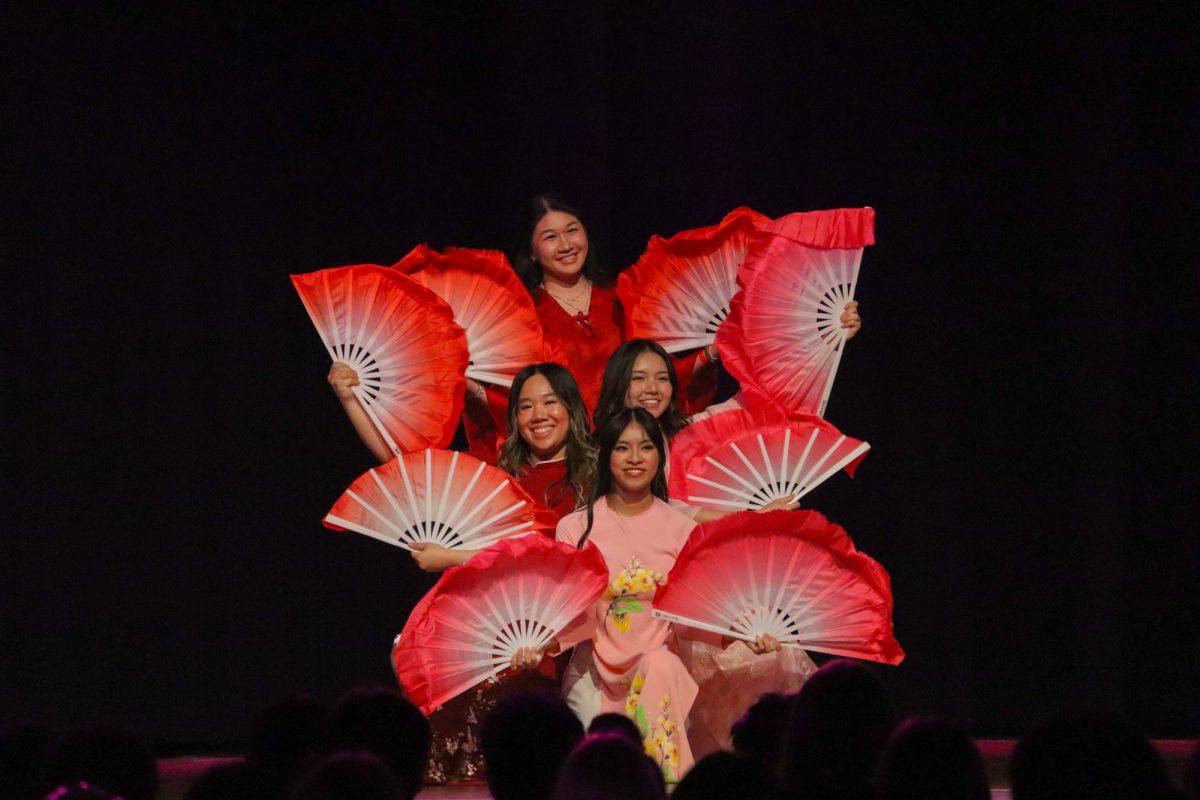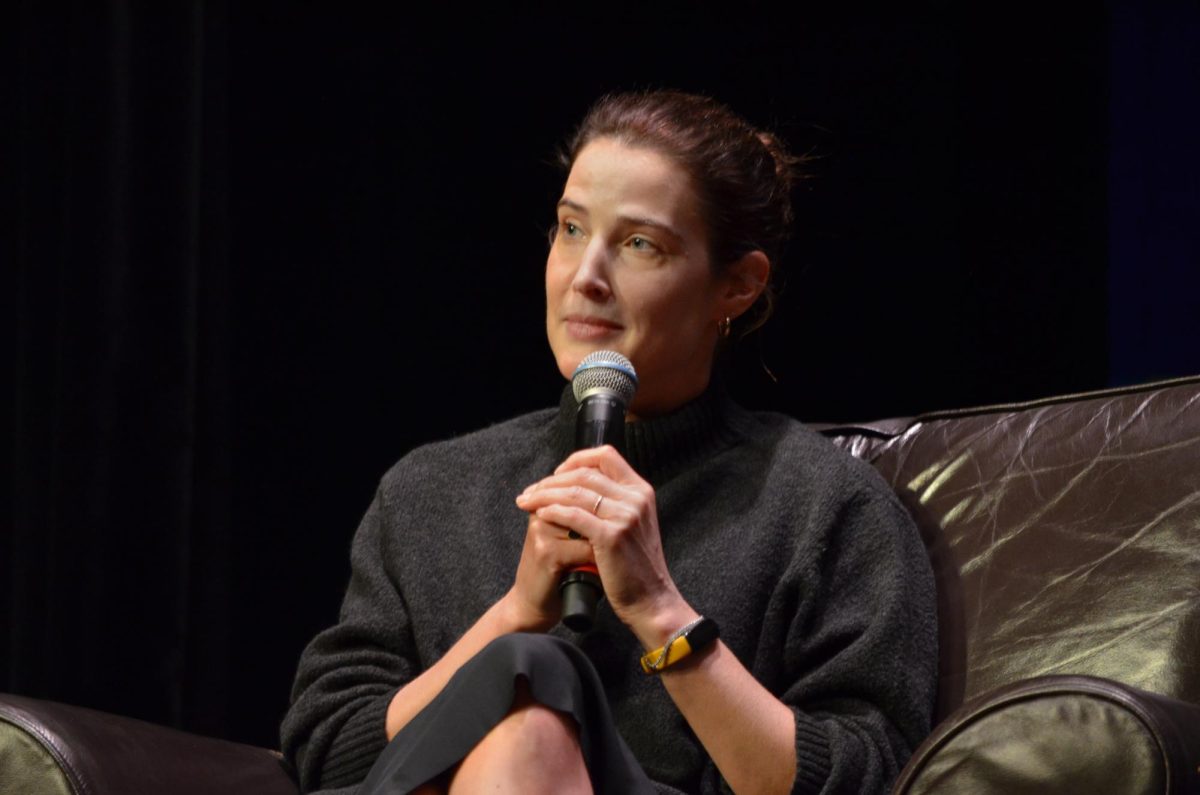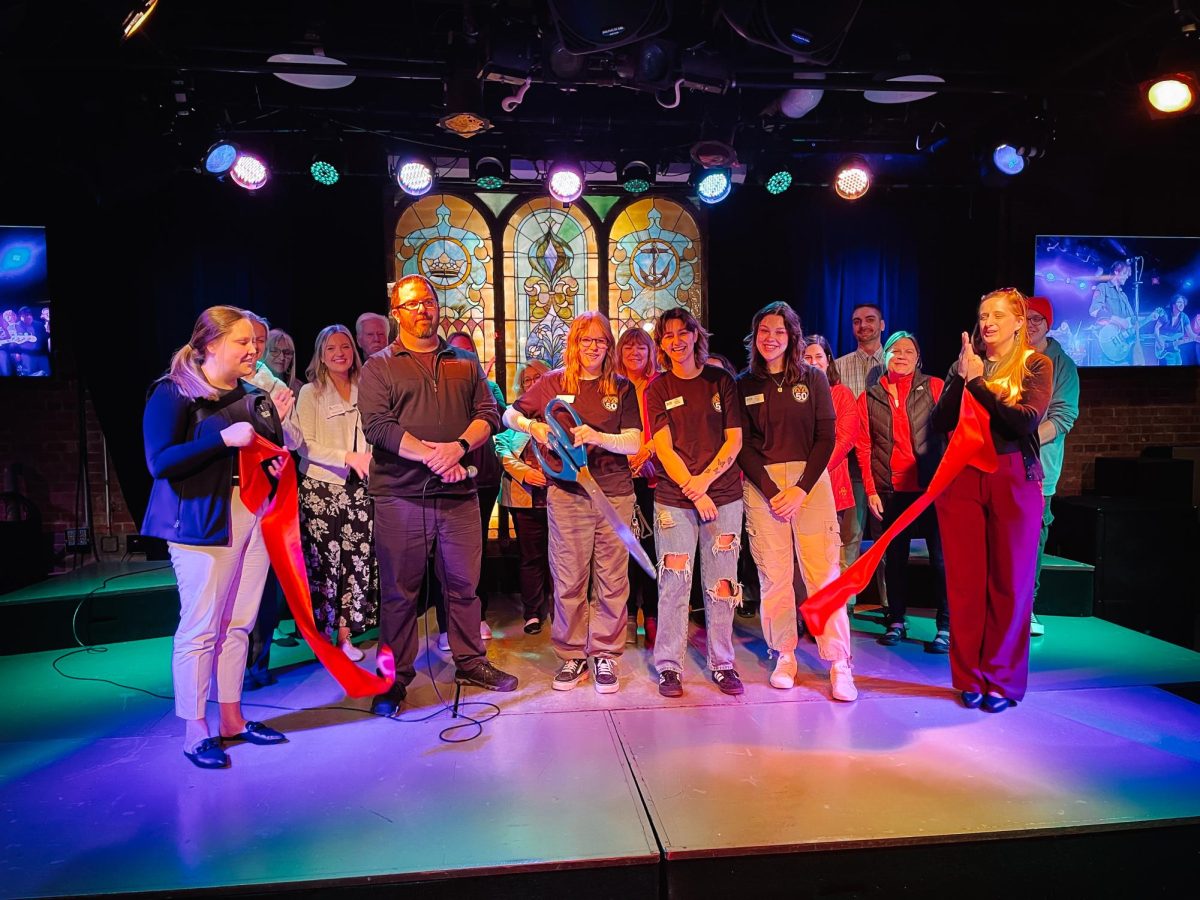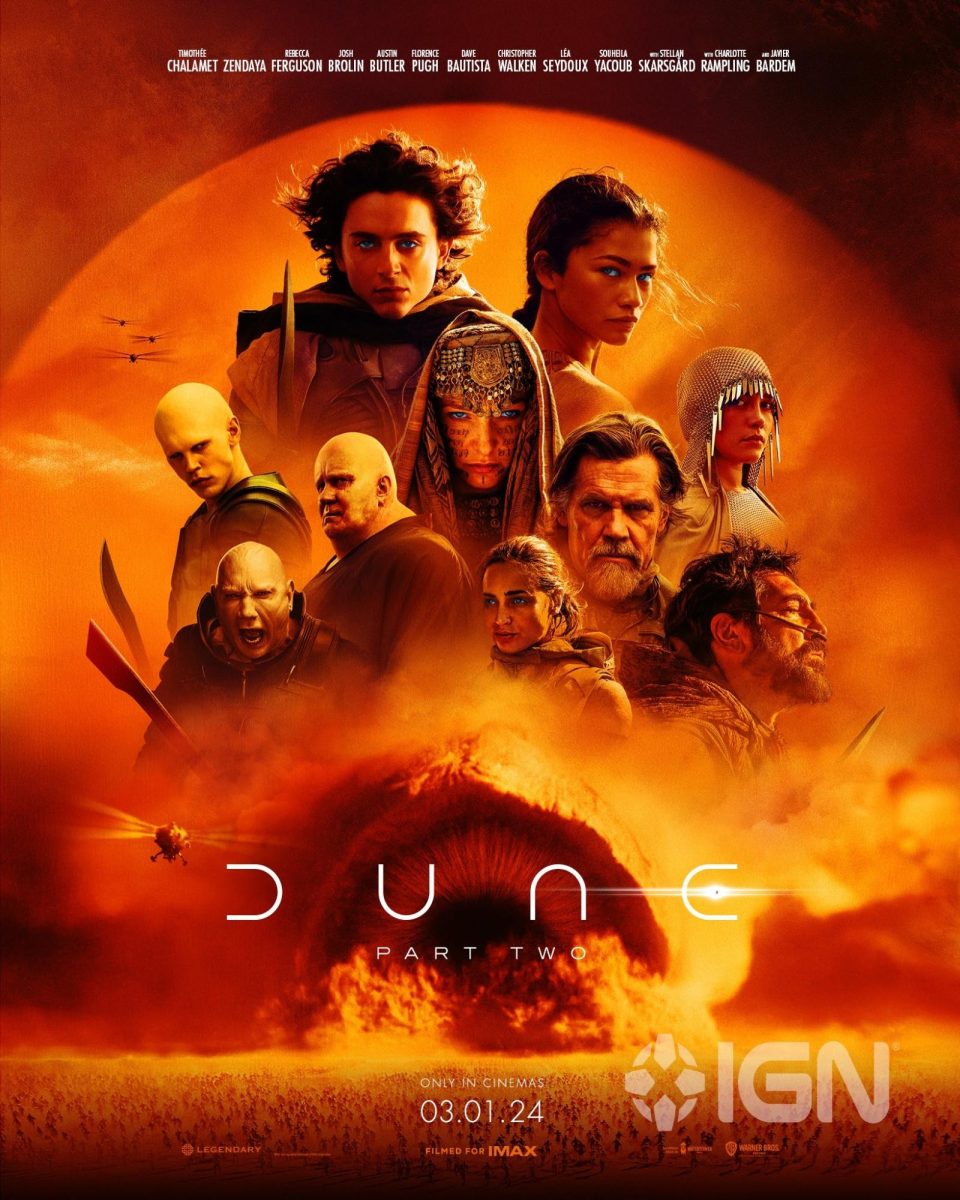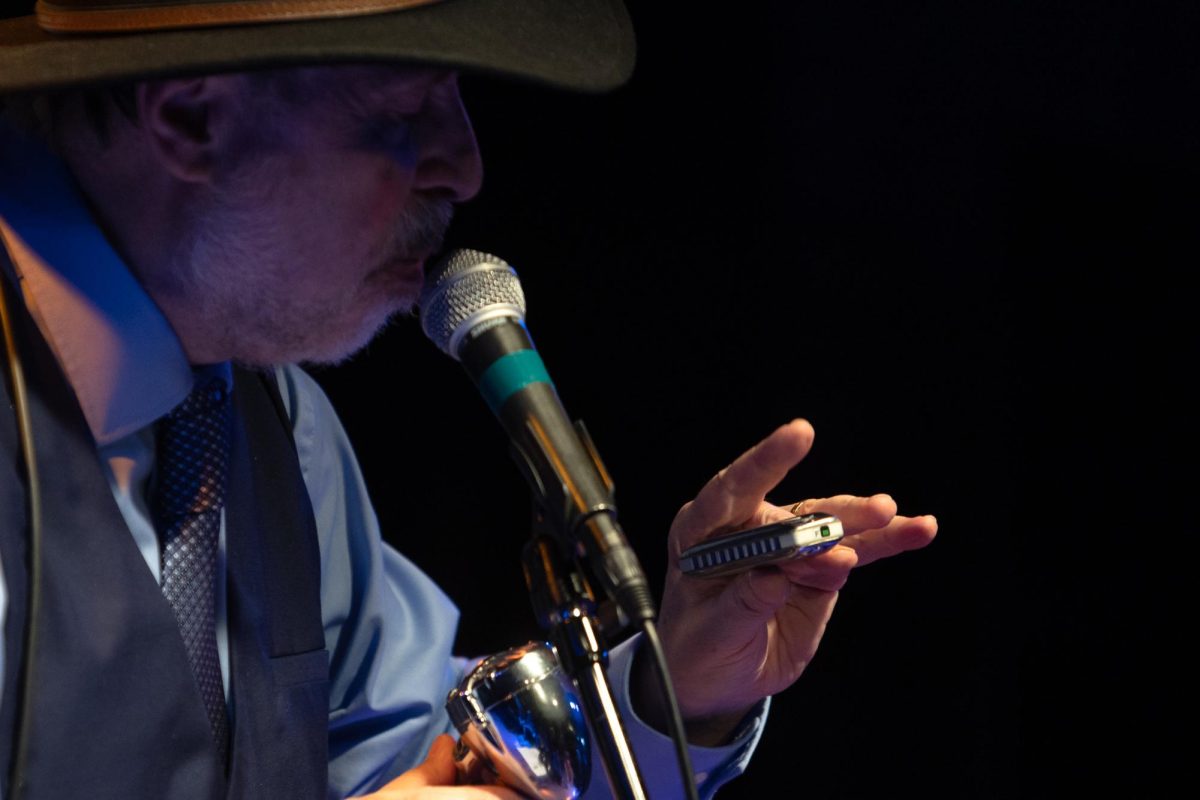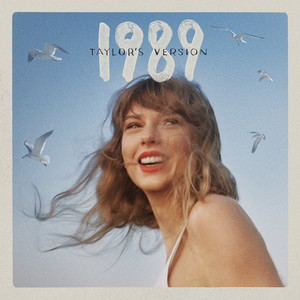
In 2019, Taylor Swift announced in front of a live studio audience that she would be re-recording her first six studio albums. Since then, she has released three new Grammy Award-winning albums that have topped the charts and broken world records. At the same time, she re-released three out of six re-recorded albums. She certainly knows how to keep herself busy.
But some fans are still intrigued. Why does she feel the need to release newer versions of her older music?
What are master recordings?
Swift and Scooter Braun trended on Twitter, or what is now known as “X,” for months after Swift put out a Tumblr post that explained her sticky situation. She explained that she had been “stripped of her life’s work” when her record label, Big Machine Records, was bought by another label that Braun owned at the time. This gave him all rights to her catalogue.
Amuse defines an artist’s master recordings as “the original recording of a song.” According to music critic Dan Deluca, “By definition, that makes it the most authentic supersonic account of the song.”
Essentially, Swift had no control over how her own music was being used and could be kept from performing all of her old music. Later, in November of 2019, Swift claimed that Braun did just that.
In a Twitter post, she announced that she would be honored at the American Music Awards as artist of the decade and would be performing a medley of her old hits. But Braun claimed that she was not allowed to perform her old songs on television because it would be “re-recording her music before she was allowed to.”
Unfortunately, Swift isn’t the only artist who had to fight for ownership of her music.
Other artists follow suit
Older artists like Prince, Kesha and the Beatles have dedicated at least a small portion of their lives advocating for artists to own their work.
Demi Lovato is also following suit and re-recording some of her most popular songs. Hits like “Cool for the Summer” and “Heart Attack” are not only being re-recorded so that she is able to own them, but she is also changing genres and reaching out to new audiences and listeners.
Although music ownership might not always be relevant, the topic itself is important to artists who have worked their whole lives to be able to pursue their passion. Although Swift isn’t the first artist to re-record her original music, she started a movement that other artists should be made aware of.




